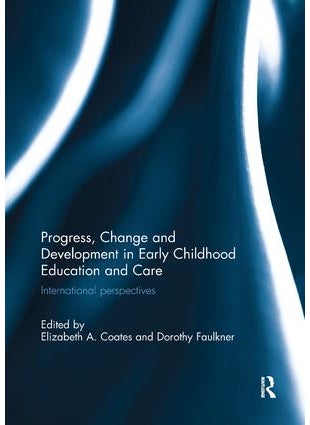| وصف الكتاب | In 2000, the Millennium Development Goals set out targets aimed at creating a safer, more prosperous, and more equitable world. If these goals were to be achieved, children’s lives would indeed be transformed. In this collection, achievements against these targets are identified, with each contributor examining the progress made in early years provision in Australia, China, England, Greece, the Netherlands, Portugal, South Africa, and Sweden. They highlight the priorities and agendas of their respective governments, and focus on the trends and issues which are particularly relevant to each situation, thereby revealing the social and educational inequalities that persist across countries. A common theme running through this volume concerns the political tensions that arise when governments and educators hold fundamentally different views about the nature and purpose of early years education and the needs of children and families. It is clear that although the past two decades have seen many changes in attitude towards the importance of the early years of life; politically, economically, and environmentally, much still remains to be done if the Millennium Development Goals for young children and their families are to be fully met. Despite this, this volume demonstrates that those who work in this area continue to experience a deep concern for the well-being of young children, which transcends cultures, frontiers, and political and sectarian divides. This book was originally published as a special issue of the International Journal of Early Years Education. |
استرجاع مجاني وسهل
أفضل العروض




